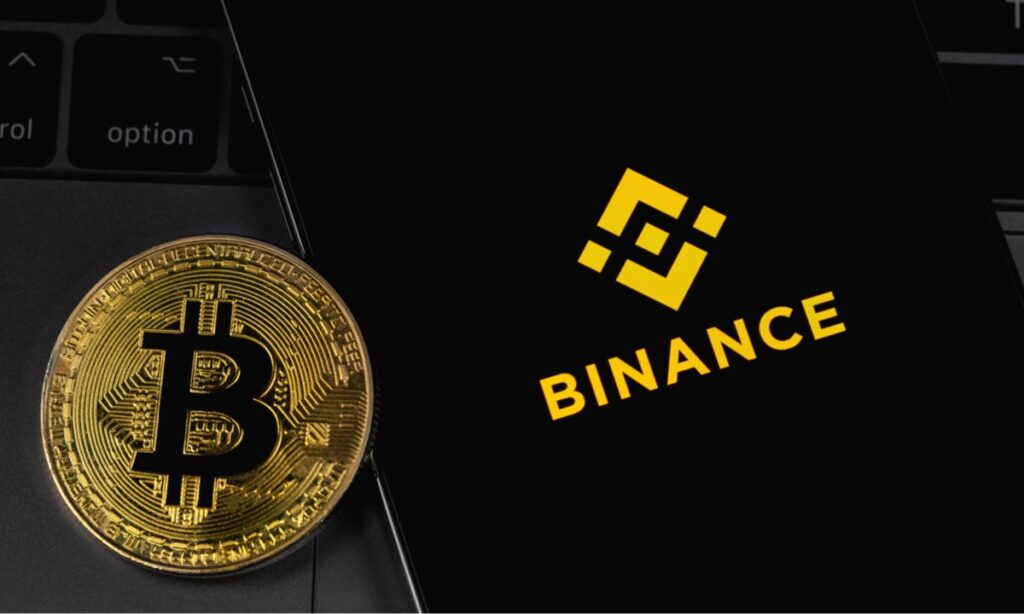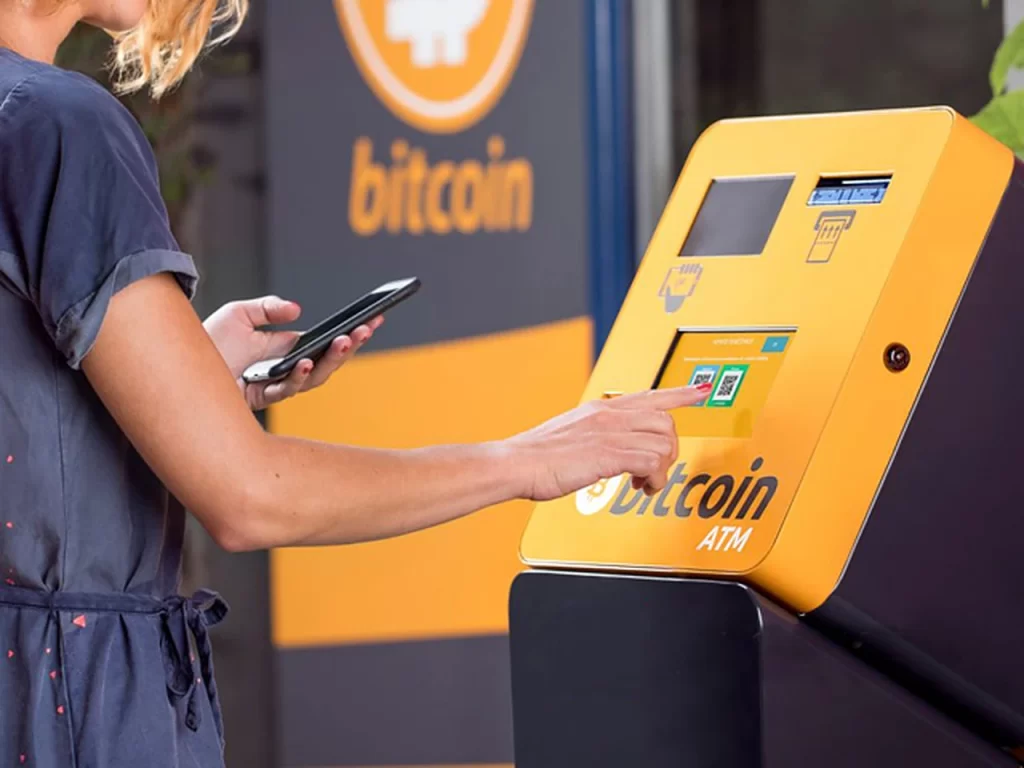Hong Kong is actively embracing the development of Web3 by establishing a task force comprised of industry and government officials to oversee its progress and ensure ethical growth.
The government’s commitment to the sustainable and responsible development of Web3 was announced in the 2023-24 Budget, with the Financial Secretary, Paul Chan, expressing Hong Kong’s ambition to be a frontrunner in the Web3 sector.
The task force consists of 15 industry participants and 11 key government officials who will collaborate to provide recommendations on the development of Web3 in Hong Kong.
Chan believes that by bringing together leaders and professionals from relevant sectors, the task force will offer valuable advice to transform Hong Kong into a thriving Web3 hub.
The government’s policy statement on virtual asset development, released in October 2022, received a positive response from the market, with over 80 virtual asset-related companies expressing interest in establishing a presence in Hong Kong.
Hong Kong has been actively promoting itself as an attractive destination for cryptocurrency firms.
On June 10, Johnny Ng, a member of the Hong Kong Legislative Council, extended an invitation to global virtual asset trading platforms, including Coinbase, to apply for a virtual asset service provider license in Hong Kong.
This invitation came shortly after the United States Securities and Exchange Commission took legal action against Coinbase on June 6.
The Hong Kong Securities and Futures Commission also announced on May 23 that licensed platforms would soon be able to cater to retail investors, encouraging operators of virtual asset trading platforms to submit license applications if they comply with the proposed guidelines.
With these initiatives, Hong Kong aims to position itself as a leading center for Web3 development and innovation.
By attracting top-notch companies and talent in the field, the region strives to build a thriving ecosystem.
The task force’s supervision and the government’s supportive policies demonstrate Hong Kong’s commitment to fostering sustainable growth in the Web3 sector and establishing itself as a global hub for Web3 technology.
Other Stories:
Crypto ATM Company To Go Public After Announcing Merger
Crypto Scams and Hacks Resulted In Almost $700 Million Loss In First Half of 2023










